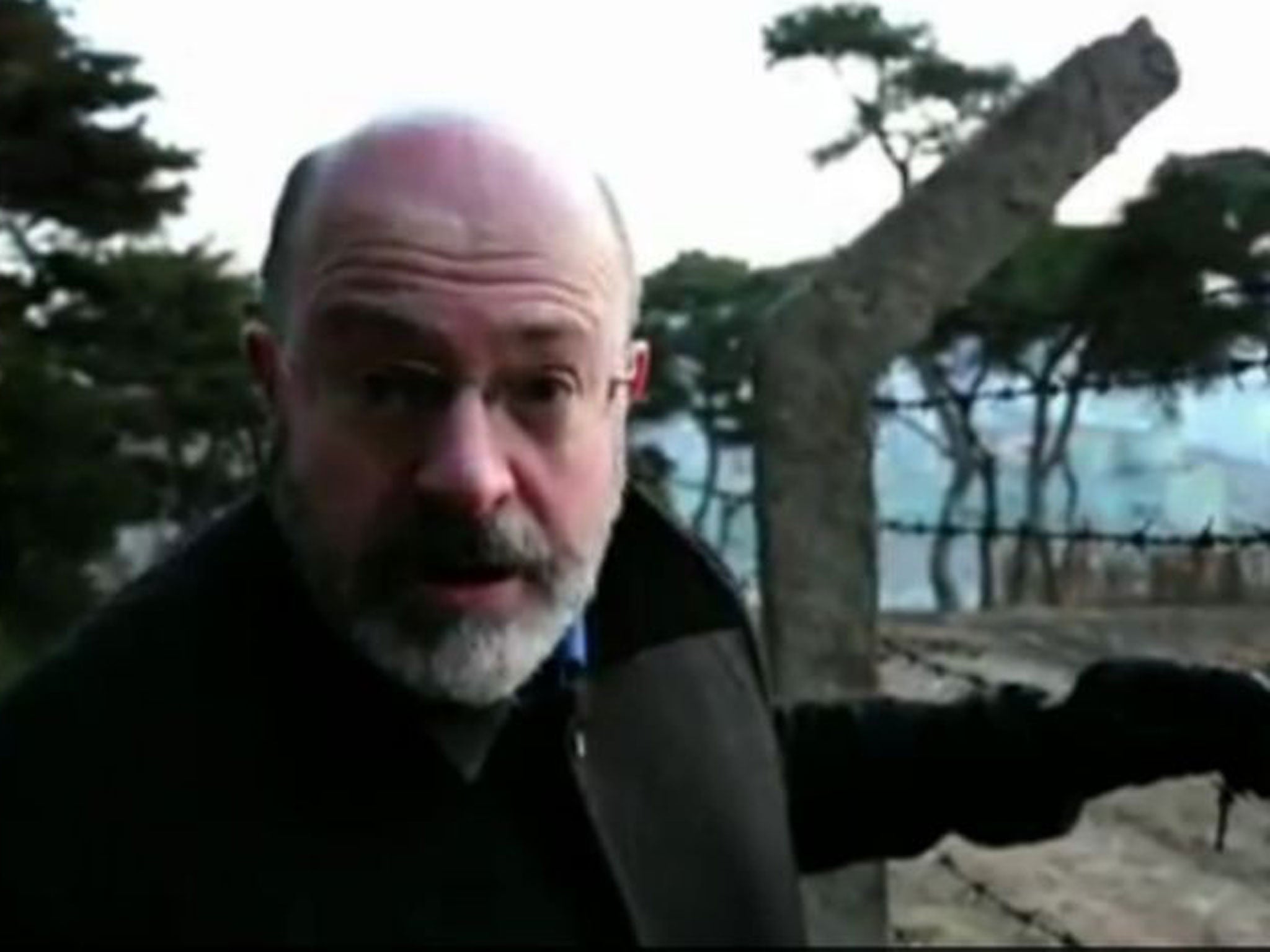BBC admits misconduct over LSE North Korea trip, but not everyone wants an apology

Your support helps us to tell the story
From reproductive rights to climate change to Big Tech, The Independent is on the ground when the story is developing. Whether it's investigating the financials of Elon Musk's pro-Trump PAC or producing our latest documentary, 'The A Word', which shines a light on the American women fighting for reproductive rights, we know how important it is to parse out the facts from the messaging.
At such a critical moment in US history, we need reporters on the ground. Your donation allows us to keep sending journalists to speak to both sides of the story.
The Independent is trusted by Americans across the entire political spectrum. And unlike many other quality news outlets, we choose not to lock Americans out of our reporting and analysis with paywalls. We believe quality journalism should be available to everyone, paid for by those who can afford it.
Your support makes all the difference.The BBC plans to apologise to London School of Economics students for an undercover journalist joining a group on their trip to North Korea last year, after its Trust found that the corporation’s editorial guidelines had been breached.
Yesterday the BBC’s Editorial Standards Committee published its findings in response to complaints from the LSE and a student’s father, relating to John Sweeney’s presence on the trip to film a Panorama documentary.
North Korea Undercover was broadcast in April last year amid demands from the university that the BBC withdraw it, claiming students hadn’t been properly informed before the trip.
The committee found problems in the gathering, not the broadcasting, of the documentary by the BBC, deciding that “there was a strong public interest in the programme".
They also cite a conflict of interest held by Tomiko Newson, the tour leader, suggesting the BBC should have chosen someone independent of the programme to lead the trip.
Jay Stoll, General Secretary of the LSE student union, said: "The behaviour of the BBC and John Sweeney's team certainly warranted a public apology and we are content with the findings of the Editorial Standards Committee.
“LSESU appreciates that investigative journalism in troubled regions of the world, such as North Korea, is in the interest of the British public. However, the BBC and others must not abandon editorial standards and integrity in the process.”
Not everyone shares Stoll’s view. An LSE student, who attended a separate North Korea trip with the university and who wishes to remain anonymous, said: “I am baffled by the outrage on this story from the LSE, many of its students, and the media.”
Alex Peters-Day, who was LSESU General Secretary during the controversy, welcomed the findings, adding: “It would be interesting to see what John Sweeney had to say for himself as he was difficult to work with last year.”
In a statement, the BBC said it had accepted the Trust’s findings that the project “fell short in a number of areas, with the Trust finding against the BBC on four of its 21 rulings.
“In particular we have apologised to Student X [the student whose father complained to the BBC]... We have also apologised to the LSE for the Trust’s finding that the programme created the risk of harm to the LSE’s reputation.”
Alison Hastings, Chair of the Editorial Standards Committee, said: "There was a real public interest in making this programme in North Korea but, in the Trust's view, the BBC failed to ensure that all the young adults Panorama travelled with were sufficiently aware of any potential risks to enable them to give informed consent.”
Join our commenting forum
Join thought-provoking conversations, follow other Independent readers and see their replies
Comments